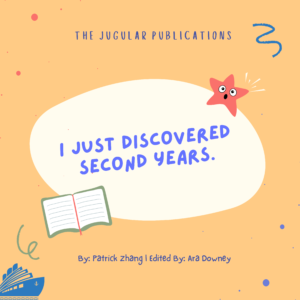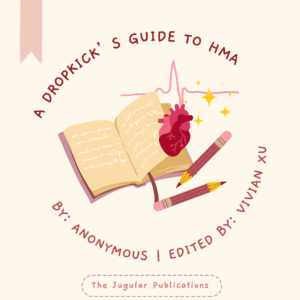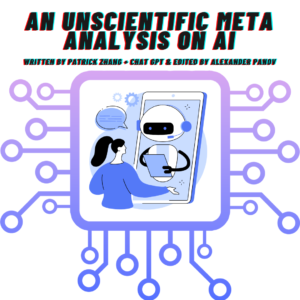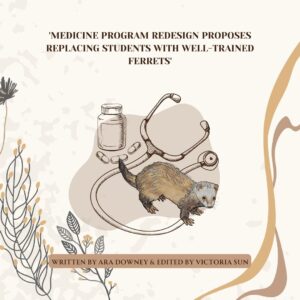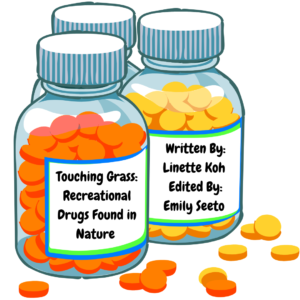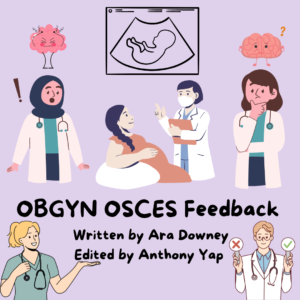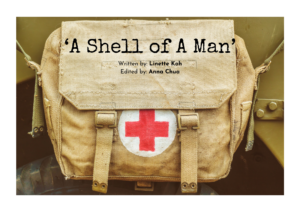
By Ivan Shen, Edited by Rosemary Kirk
A few weeks ago, my lovely SG facilitator Professor Peter Baume told our group that collectively, the world’s knowledge in the medical field doubles every 18 months. While this is an incredible statistic representative of the rapid progress of modern research and innovation, some of us felt understandably overwhelmed.
So by the end of our medical degree, everything we need to know will have multiplied 16 fold? – you may ask. Well, not quite. The exponential growth of knowledge not just in medicine but in all expert fields has led to specialisation. Instead of scholars learning a little bit of everything like in the days of great intellectuals like Newton at Cambridge, today it has become the norm for us to choose a certain path and become ‘experts’ in that one particular field. This is why we often hear the term multidisciplinary care; a term very relevant for medical training because nowadays, it is nigh impossible for a single individual to be a rheumatologist, cardiologist and general surgeon. Despite the exponential growth of knowledge, when we enter the medical workforce, we dedicating ourselves to one specialty branch of medicine which makes learning and continually updating our knowledge bank much more manageable.
This rapid growth in knowledge is scary. After all, it may seem like these rapid developments in research and understanding can outpace us very easily. Such a rapid growth might even allow us to entertain questions such as “Why should I bother studying then?”
However, to take a different perspective, this ‘rapid’ growth does not even make a dent into the vast expanse of things we still don’t know. How often does a lecturer mention something along the lines of, “This mechanism is still not well understood” or “We’re not entirely sure why this happens”. There is still so much more for us to know, and that is just within the field of medicine.
What about the universe we live in? Everything that we have ever observed with our instruments, everything we call ‘normal’ matter? That makes up 5% of the universe. The rest is made up of so-called dark energy and dark matter that we know almost nothing about. We also don’t know why our universe is expanding at an increasing rate. So, if our universe was born from a Big Bang, will it last forever and keep getting bigger? Or will it eventually start collapsing on itself in some sort of a Big Crunch?
What about mathematics? There are actually many conjectures in that field, conclusions which are likely to be true, but which have no proof or disproof, the most famous one being Goldbach’s conjecture which states that: “Every even integer greater than 2 can be expressed as the sum of two primes.” In fact, why is 1+1=2 and not 3, and if 1+1=3 what potential theorems would be true and how would our understanding of counting, computers and reality change?
What about physics, a field where physicists are constantly struggling for a Grand Unifying Theory, a supposed explanation for the four fundamental forces in the universe and the theory that explains ‘everything’ about the laws of our universe? Unfortunately, this theory is yet to be found, and it stands that quantum physics and Einstein’s general relativity are mutually incompatible, despite both holding up to all arguments in their appropriate domains.”
What about consciousness? How is it that we are an aggregation of cells and atoms which understand that we are made of said atoms? Do cows or dogs have the same understanding that we are all made of stardust? What happens when we die? Does our consciousness remain as an entity separate to our physical body or do we perhaps wake up in a futuristic society after finally finishing a life simulation?
The answer is no one knows. Because we as humans know very little about the world around us. Whether it be on a scale as large as the universe or even just the eternal fundamental questions like who am I?
So again, why then should we study in Medicine? The answer is that Medicine is fundamentally different to fields like physics or mathematics or philosophy. These are fields where knowledge is pursued for possible applications in the real world but even more so for the theoretical advancements in that field. However, in Medicine, research is done to better understand the human body, to better understand diseases and treatment and management. We learn in Medicine to help make people’s lives better. Learning is as much about the content as it is about building up our work ethic and commitment to what we will eventually do in the workforce.
In a recent online hospital tutorial, an intern told us that it was confronting when he realised that his own knowledge and expertise could affect outcomes in people’s lives. There is no doubt that medical knowledge is important and because knowledge grows at a more rapid pace than what we can learn, we end up with highly specialised individuals who learn everything about one particular aspect of medicine. So specialisation is an adaptation over the years of overcoming the modern tsunami of research and knowledge.
So why should we study in Medicine then? If you ever lose motivation to study, remember that we are not learning purely for ourselves or to pass a barrier exam. We learn in Medicine so that one day we can use that knowledge to help others.






